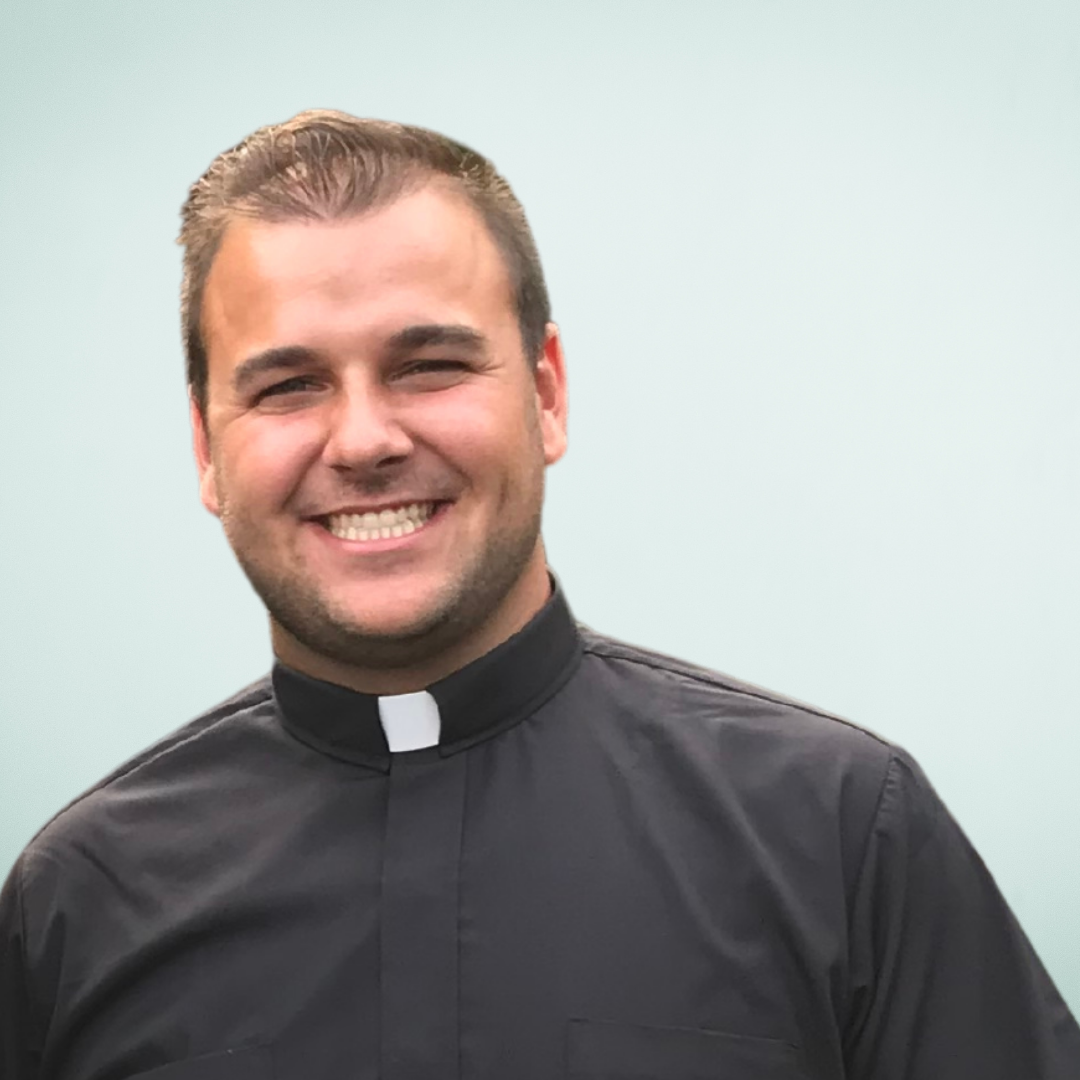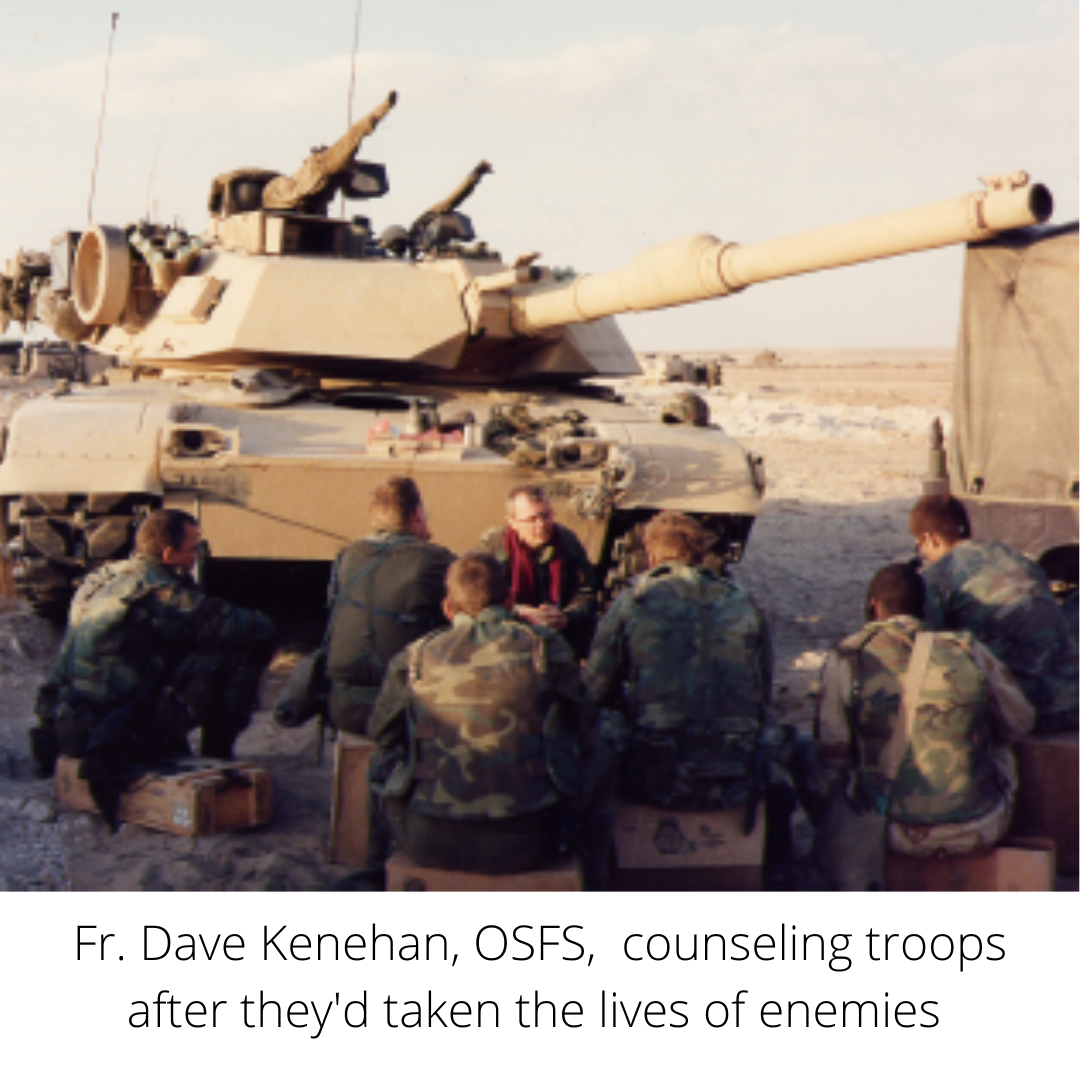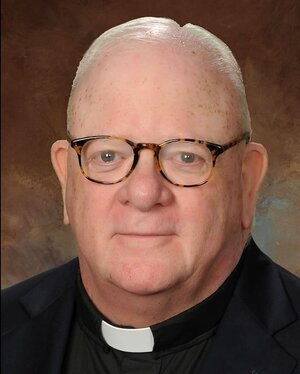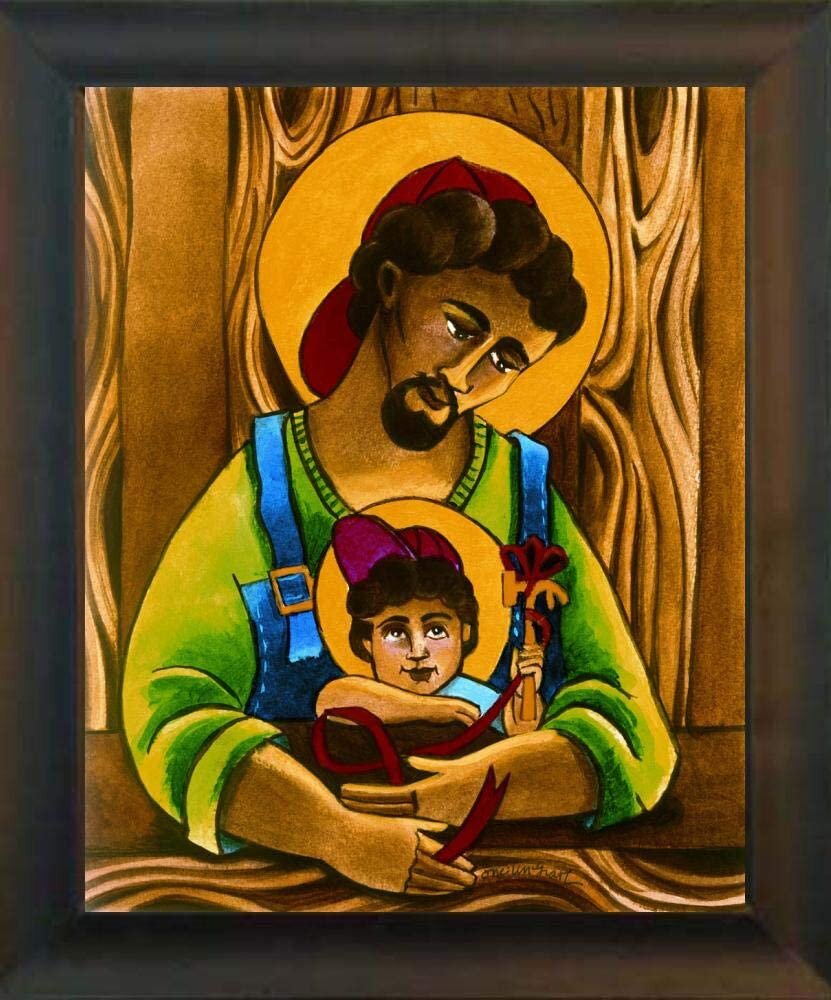In each of the gospels, we hear Jesus invite men to follow him and it is by the example of these men that we may learn how to respond to the invitation He offers each of us.
We really don’t know much about the apostles before their calling. We can imagine that they may have heard of Jesus and became curious or witnessed a miracle of His and became amazed. They may have seen Him in the streets and were inspired or perhaps heard His tender voice and were moved. Whatever it was, it was enough for them to say ‘yes’ and to follow.
The interest, desire, or urge placed upon our heart to consider religious life and the priesthood has not happened by chance. C.S. Lewis reminds us of this fact saying, “For a Christian, there are, strictly speaking, no chances. A secret master of ceremonies has been at work." There is a reason we find ourselves contemplating a call to this vocation. In the gospels, Jesus tells us, “It is not you who chose me, but I who chose you” (Jn 15:16). The interest, desire, or urge that Jesus has placed on our hearts ought to be enough for us to follow the example of the apostles and consider saying ‘yes.’
While studying at the University of Toledo, I was introduced to the Fellowship of Catholic University Students (FOCUS), which is a Catholic collegiate outreach whose mission is to share the hope and joy of the gospel with college and university students. And it was at a national FOCUS conference that I came across the powerful slogan: What if you said YES?
For two years since hearing this short question, it comes to my mind whenever I find myself contemplating my vocation and deciding on whether or not to take it one step further.
I have always concluded that my ‘yes’ could result in something really great, and in knowing this I have found the peace and encouragement to keep responding to His invitations. I didn’t know where these responses would lead, but I knew I had to take the chance, and I am thankful I did. I said ‘yes’ to learn more about the Oblates as an Associate; I said ‘yes’ to entering religious life as a Postulant; I said ‘yes’ to intense spiritual discernment as a Novice.
What is Jesus inviting you to right now?
Is He inviting you to start going to Mass again? To go to confession?
Is He inviting you to attend a Bible study? Or to start one?
Is He inviting you to learn more about religious life? The priesthood?
Is He inviting you to talk to a Vocations Director? Or perhaps to join a discernment group? Jesus is calling. What is His invitation? Will you respond?… What if you said YES?
Joseph Kochendoefer
OSFS Novice


















































